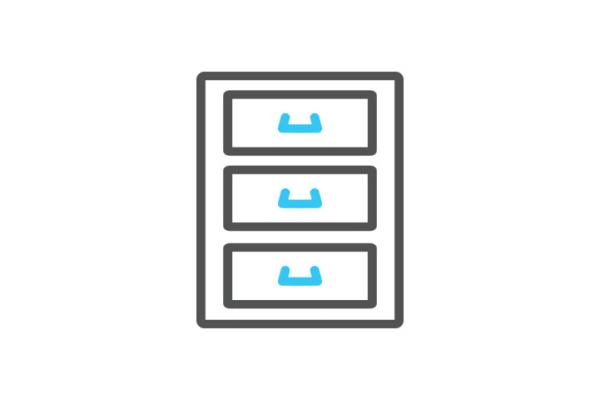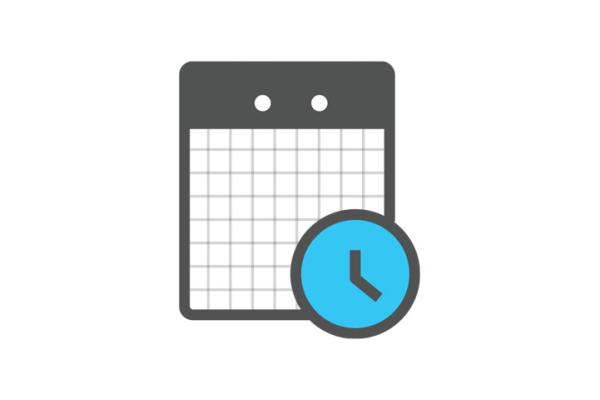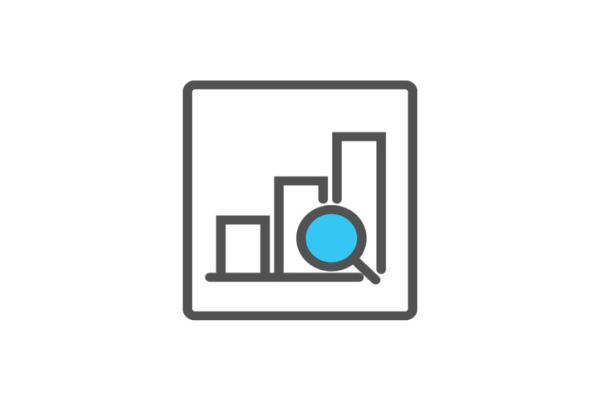Pilot projects are designed to test the feasibility and usefulness of specific activities. They are used to try out different approaches, develop evidence-based strategies, identify good practices, and provide policy guidance for the benefit of possible future initiatives in health.
The European Commission's agreements with various contractors are based on their approaches in the chosen proposals and provide them with the necessary scope for their execution. Boards of scientific experts provide robust guidelines for projects and validate their tools, including websites.
VulnerABLE: Improving the health of those in isolated and vulnerable situations
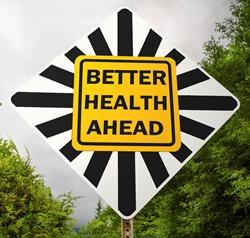
Implemented between 2015 and 2017, the project aimed to explore ways to improve the health of people who are living in vulnerable and isolated situations across Europe.
Its focus was on nine specific vulnerable and isolated populations, namely children and families from disadvantaged backgrounds, those living in rural/isolated areas, with physical disabilities or poor mental health, the long-term unemployed, the inactive, those from lower income brackets, the elderly, victims of domestic violence and intimate partner violence, the homeless, and prisoners.
Project implementation
Over its two-year lifespan, the 'VulnerABLE' project involved:
- Interviews with individuals and organisations working on health inequalities
- Detailed research into the health needs of people in isolated and vulnerable situations, through a face-to-face survey and in-depth focus groups
- Bringing together the leading thinkers in this area and enabling them to contribute to future strategies to prevent isolation and vulnerability
- Training materials and capacity-building workshops for national and regional authorities who are active in delivering healthcare services
- Regular news updates, direct communication with experts and a one-day conference to spread awareness of the project's findings.
If you would like to find out more please contact vulnerABLE icf [dot] com (vulnerABLE[at]icf[dot]com)
icf [dot] com (vulnerABLE[at]icf[dot]com)
Project output
- Policy guidance, a framework for action
- Final report
- Literature review
- Case study inventory
- Pan-European survey
- Workshop summary report and technical annexes
- Toolkit for capacity-building
- Presentations of the Final conference (Brussels, 7th November 2017)
Related information
- Literature, data, and policy documents
- Case study inventory
- Pan-European survey
- IRIS (Identification and Referral to Improve Safety)
- Specific Privacy Statement
- EuroHealthNet
- Social Platform
- EPHA
- #equalhealth4all hashtag on Twitter
HEPP – Maintaining a focus on health inequalities
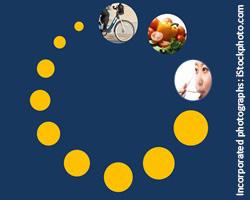
This pilot project provided support for knowledge sharing and policy development to reduce health inequalities in the EU, with a focus on the lifestyle determinants such as alcohol consumption, nutrition and physical activity, particularly in Member States with the greatest needs. The three-year HEPP project started in January 2016 and finished in December 2018.
The project aimed to reach the above aims by:
- Updating scientific evidence and reviewing policies and actions
- Conducting case studies on policies and actions in different Member States
- Implementing workshops and expert exchange to break barriers to inter-sectoral action on health inequalities
- Ensuring synergies and support to the health determinants in related Joint Actions
- Facilitating information exchange and collaboration between groups of experts and stakeholders
Project deliverables:
The project has delivered the following outputs:
- Scientific reports
- Case studies
- 6 national workshops
- Workshop training materials
- 28 country fiches
- 2 policy briefs
- Report on health inequalities in alcohol related harm
- Final conference 'Evidence into practice- Action on Health Inequalities' (Brussels, 6 December 2018)
If you would like to find out more please contact chris [dot] brookes ukhealthforum [dot] org [dot] uk (chris[dot]brookes[at]ukhealthforum[dot]org[dot]uk.)
ukhealthforum [dot] org [dot] uk (chris[dot]brookes[at]ukhealthforum[dot]org[dot]uk.)
Related information
- Joint Action on Nutrition and Physical Activity (JANPA)
- Joint Action on Reducing Alcohol Related Harm (RARHA)
- Joint Action on Health Equity Europe (JAHEE)
Health4LGBTI: Reducing health inequalities experienced by LGBTI people
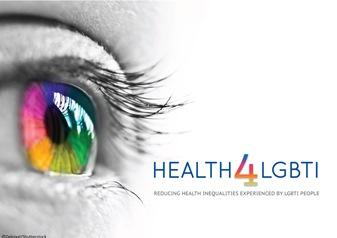
Implemented between March 2016 and March 2018, the aim of this pilot project was to improve our understanding of how best to reduce specific health inequalities experienced by lesbian, gay, bisexual, trans and intersex (LGBTI) people. It focused on overlapping inequalities stemming from discrimination and unfair treatment on other grounds (e.g. age, status, income).
LGBTI people continue to experience stigma and discrimination combined with social isolation and limited understanding, leading to significant barriers in terms of accessing health and social care services. These experiences can translate into a risk of depression, suicide and self‐harm, violence, substance misuse and HIV infection.
Project implementation
The Health4LGBTI project activities included:
- Research (scoping review, scientific review, focus groups) into health needs and challenges faced by LGBTI people and key barriers faced by health professionals when providing care for LGBTI people.
- Development of a training package aimed at increasing the knowledge, attitudes and skills of healthcare professionals when providing healthcare to LGBTI people.
- Piloting of the training package in 6 countries (Belgium, Bulgaria, Italy, Lithuania, Poland and UK).
- A final European conference in Brussels on 1-2 February 2018 presenting the results of the project.
Project output
The project produced the following results:
- A state of the art review of the health inequalities experienced by LGBTI people, and the barriers faced by health professionals
- Two focus group studies mapping the obstacles faced both by LGBTI people and health professionals
- A training course for healthcare professionals including a manual for trainers, slide-sets and resource materials (module 1, module 2, module 3, module 4, training video).
In addition, an evaluation report from the pilot training as well as the summary report from the final conference (which took place on 1-2 February 2018) and the results of the evaluation were produced.
For more information, please contact Massimo Mirandola, Verona University Hospital (massimo [dot] mirandola aovr [dot] veneto [dot] it (massimo[dot]mirandola[at]aovr[dot]veneto[dot]it)).
aovr [dot] veneto [dot] it (massimo[dot]mirandola[at]aovr[dot]veneto[dot]it)).
Related information
- Impact of the Health4LGBTI project
- Specific Privacy Statement
- ILGA Europe
- EuroHealthNet
- Verona University Hospital, University of Verona
- University of Brighton
- National Institute of Public Health – National Institute of Hygiene (NIPH – NIH)
- Press articles:
- Reducing health inequalities faced by LGBTI people: new training kit and research insights for health professionals (EuroHealthNet)
- Health professionals and service users agree: LGBTI people face health inequalities, barriers, and discrimination when accessing health services shows new study (EuroHealthNet)
GenCAD: Gender-specific mechanisms in coronary artery disease in Europe

This European pilot aims to improve the understanding of gender in addressing chronic diseases, using coronary heart disease (CAD) as an example to highlight differences in treatment and prevention. Existing evidence is sometimes incomplete, and findings are rarely presented to the medical community and public.
Over its three-year lifespan (from February 2015), the GenCAD project aims to:
- Analyse existing knowledge on gender differences in CAD risk factors, disease mechanisms, clinical manifestations, treatment options, access to health care, as well as management and outcomes.
- Assess awareness of health professionals and general population to identify the most effective practices to raise awareness about sex and gender manifestations of CAD
- Develop and disseminate information material based on the outcomes of the studies, surveys, and comprehensive needs assessment.
If you are interested in joining the GenCAD project, you can get involved in the conferences and workshops by contacting Nicholas Alexander, Institute for Gender in Medicine, Charité Universitaetsmedizin Berlin (info gencad [dot] eu (info[at]gencad[dot]eu)).
gencad [dot] eu (info[at]gencad[dot]eu)).
Related information
- GENCAD Conference 2: Gender and health – awareness, facts, and European perspectives (Brussels, 11th October 2017)
- GENCAD Conference 1: Gender and health – a challenge for the 21st century
Publications
- Factsheet for General Public: How to protect your heart – are women and men different?
- Factsheet for healthcare professionals: Gender differences in coronary artery disease in Europe
- Poster - Gender specific mechanisms in coronary artery disease in Europe (GENCAD)
- Flyer - Gender differences in coronary artery disease in Europe (GENCAD)
- GenCAD project Brochure
- Additional references
Final Report

